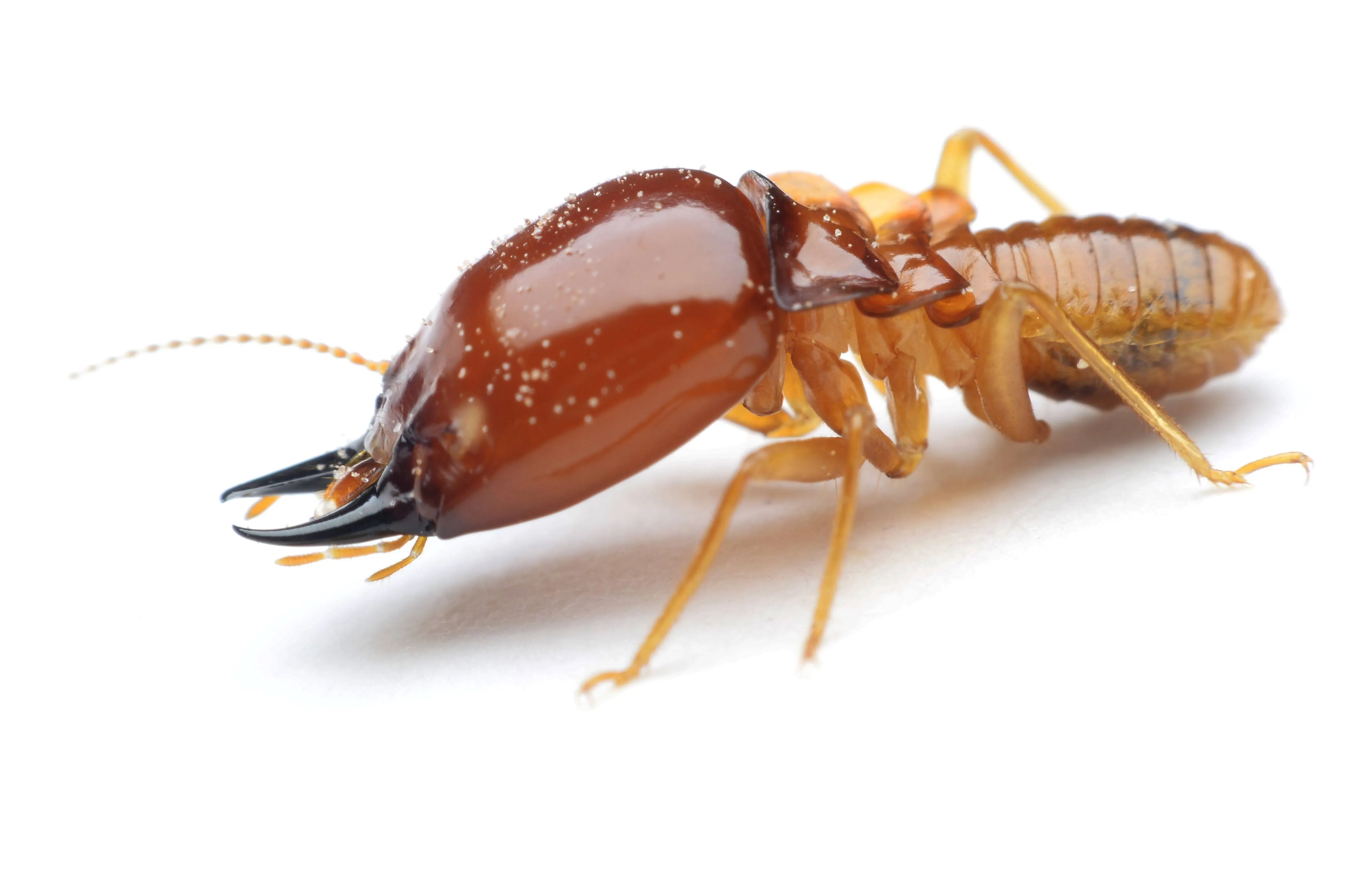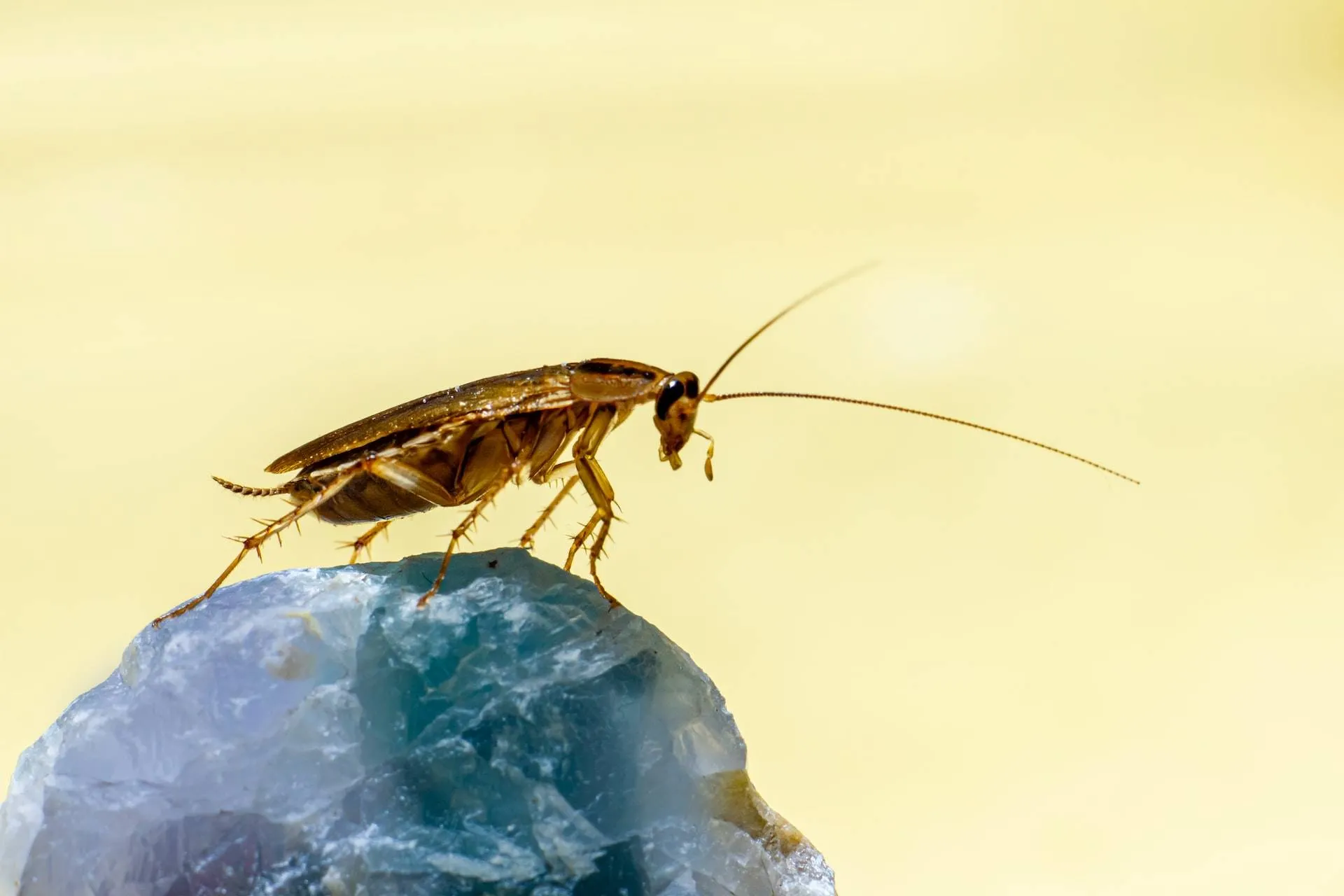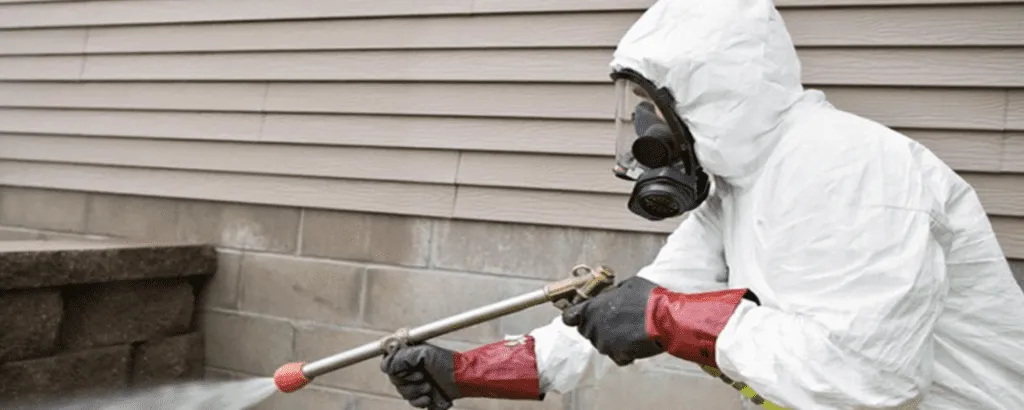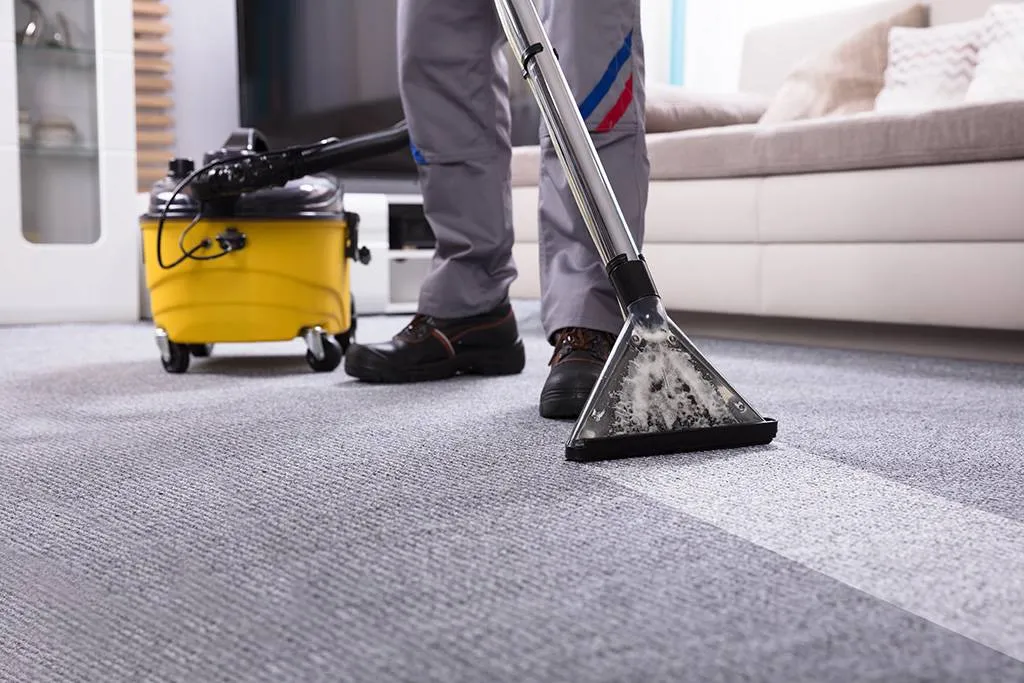Terrible Termites: Why White Ants are Bad for Your Home
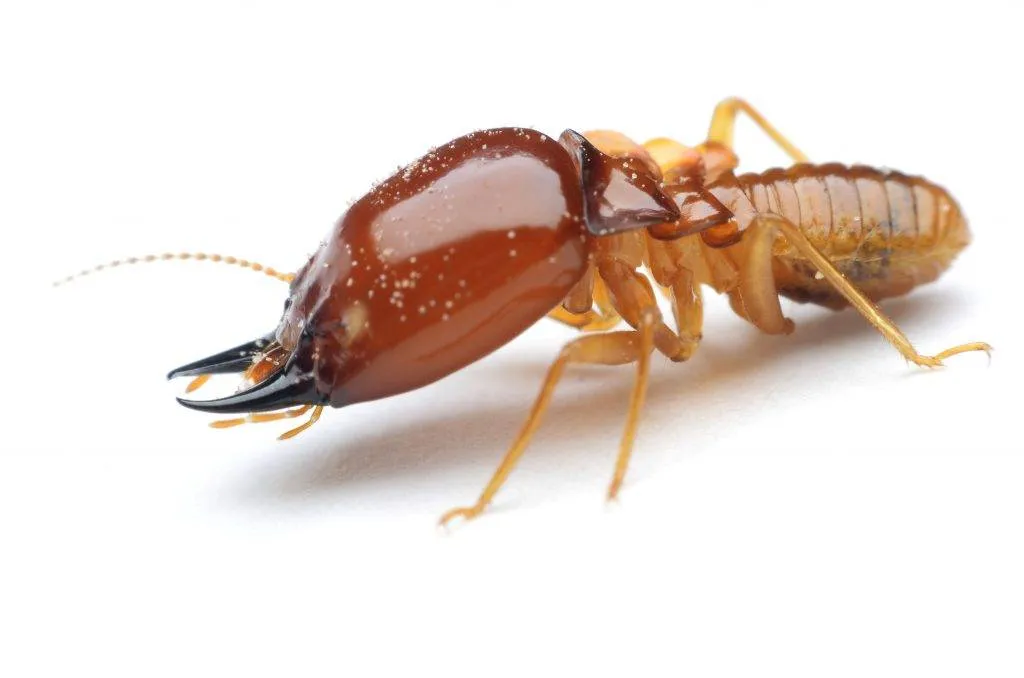
Are you concerned about white ants (termites) in your Gold Coast home? You should be. These unwanted guests aren’t just a nuisance – they’re a serious threat to your property’s structural integrity and value.
Queensland’s subtropical climate creates the perfect environment for white ants, which thrive in our high-humidity conditions. That’s why Gold Coast homeowners need to be particularly vigilant about professional pest control. The statistics are alarming: white ants cause more damage to Queensland homes annually than fire, storm, and floods combined, potentially destroying timber structures in as little as three months.
Let’s explore why immediate action through professional pest control services is crucial for protecting your home.
3 Devastating Impacts of White Ants on Your Home
1. Structural Damage to Your Property
White ants primarily feed on cellulose found in wood and plant materials, making your home’s timber structure a prime target. They create extensive damage by:
- Consuming timber from the inside out
- Building complex nest systems within walls
- Creating tunnels that compromise structural integrity
- Weakening support beams and roof structures
Early detection through regular pest inspections is crucial to prevent catastrophic structural failure.
2. Extensive Property Damage
White ant queens are known to live for over 25 years and can lay more than 2,000 eggs per day. The more white ants go undiscovered the more the colony will grow in number and the more the risks become magnified and the destruction doesn’t stop at structural timber. White ants will attack anything containing cellulose, including:
- Kitchen cabinets and furniture
- Wooden railings and decorative features
- Books and paper products
- Wooden picture frames
They’ve even been known to damage:
- Rubber seals and materials
- Plastic fixtures
- Metal components
- Leather items
- Building materials
- Garden plants and trees
- Stored products
3. Rapid Colony Growth
The threat multiplies quickly:
- Queen termites live 25+ years
- They lay over 2,000 eggs daily
- Colonies can contain millions of termites
- Damage often occurs before visible signs appear
Don’t wait until you see signs of infestation. Book a professional pest inspection today to protect your home.
Professional Pest Control: Your Best Defence
The best way to protect your Gold Coast home from white ant damage is through professional pest control services. Here’s why:
- Expert Detection: Our trained technicians use advanced equipment to detect pest activity before visible damage occurs
- Targeted Treatment: We employ effective, environmentally responsible treatments
- Preventive Measures: We help you implement strategies to prevent future infestations
- Regular Monitoring: Ongoing inspections ensure your home stays protected
Take Action Today
Don’t let white ants threaten your biggest investment. Contact The Carpet Surgeon Gold Coast for:
- Professional pest inspections
- Effective treatment solutions
- Preventive measures
- Expert advice and support
Book your pest inspection today and protect your home from these destructive pests. Our experienced team is ready to help you maintain a pest-free property.
